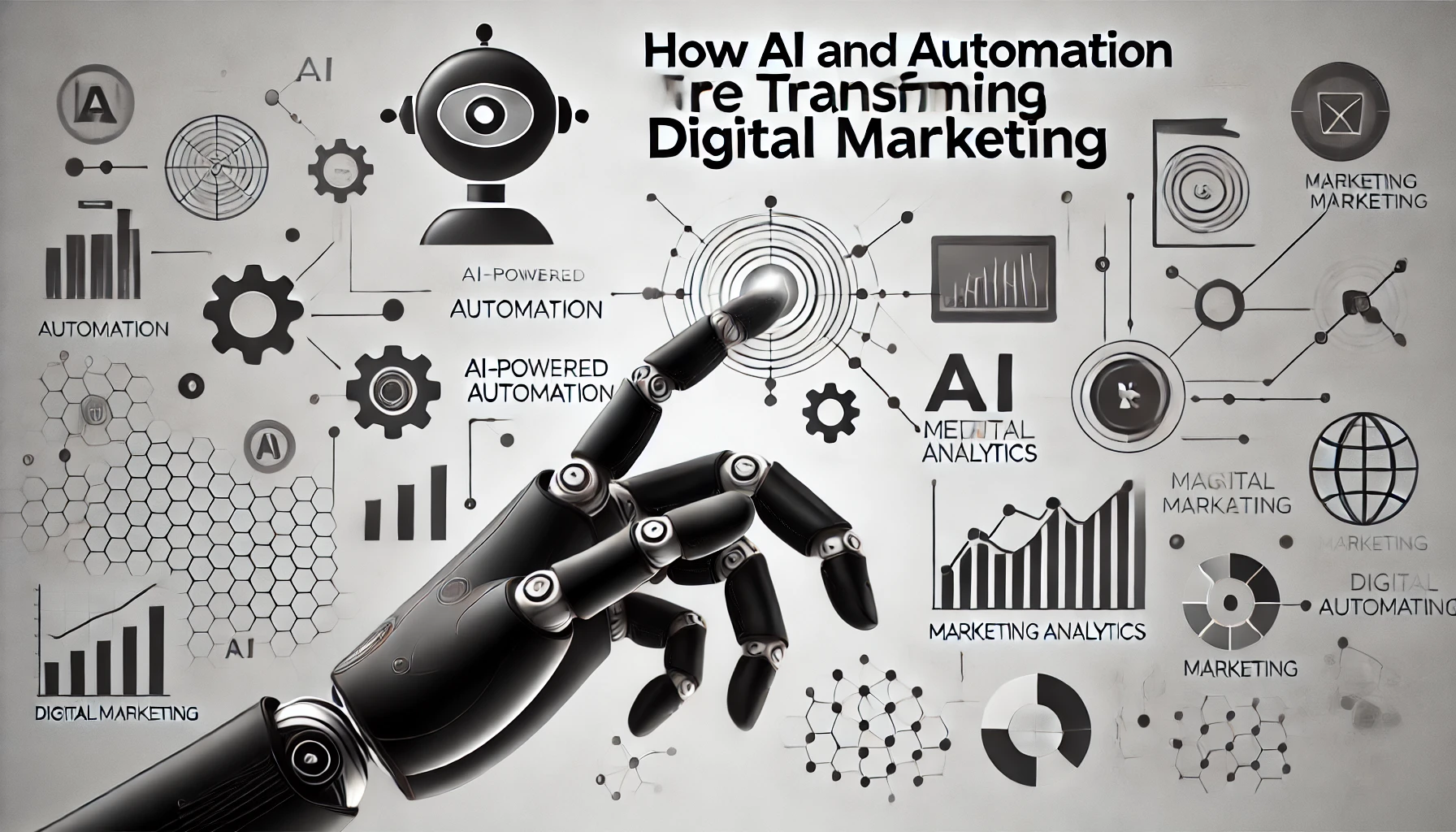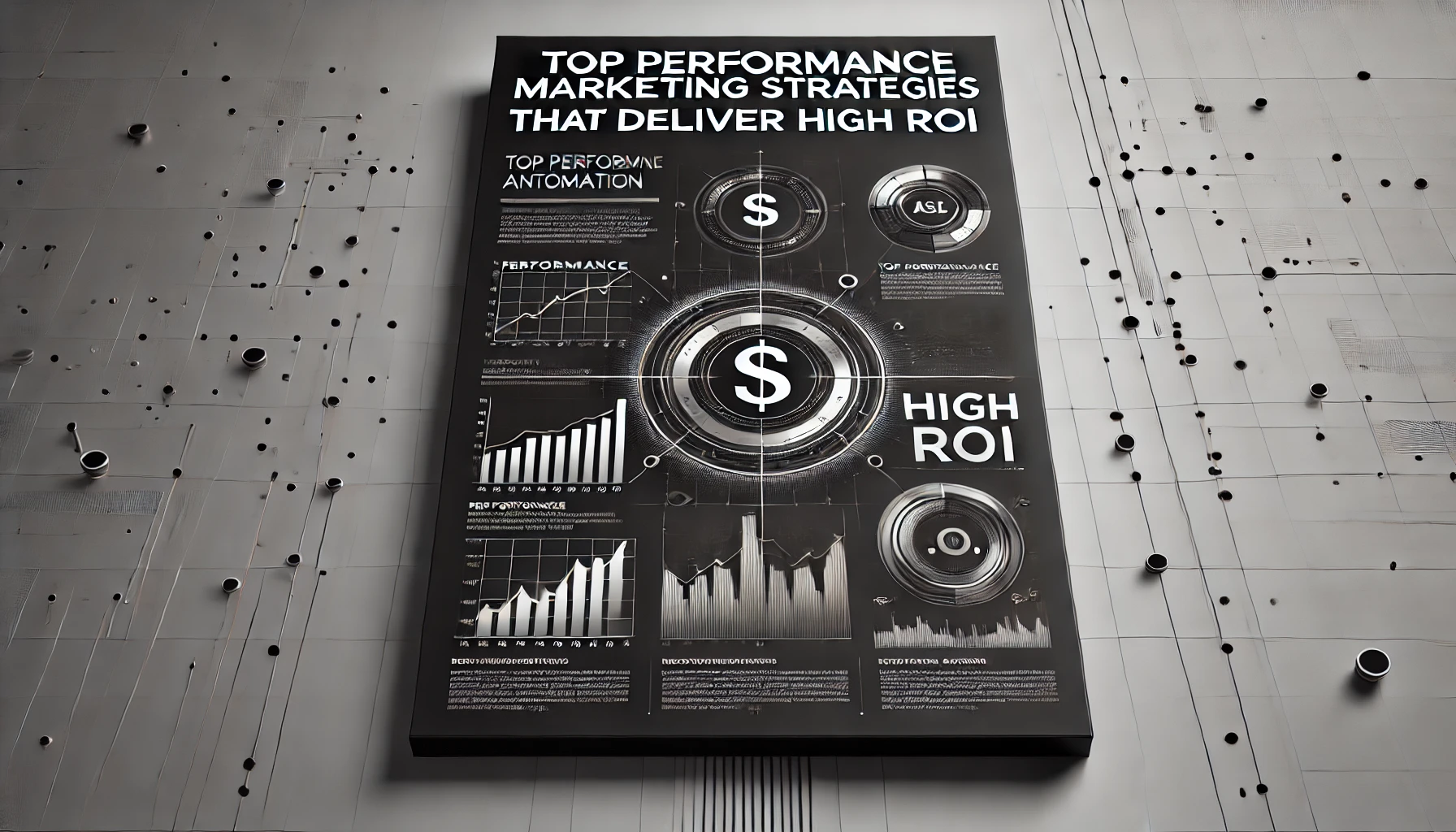
How AI and Automation are Transforming Digital Marketing?
In recent years, artificial intelligence (AI) and automation have revolutionized the digital marketing landscape, offering unprecedented opportunities for businesses to connect with their target audiences more effectively. As we look towards 2025 and beyond, these technologies are set to play an even more crucial role in shaping marketing strategies and delivering personalized experiences at scale.
Personalization: The New Standard
One of the most significant impacts of AI on digital marketing is the ability to provide highly personalized experiences to customers. By analyzing vast amounts of data, including browsing habits, purchase history, and demographic information, AI algorithms can tailor content and recommendations to individual users1. This level of personalization goes beyond simply addressing customers by name; it involves creating uniquely crafted experiences that resonate with each user’s preferences and behaviors4.
Enhancing Customer Insights
AI-powered analytics tools are transforming how marketers understand their customers. These systems can process complex data sets to uncover trends and patterns that human analysts might miss1. This deeper level of insight allows for more targeted and effective marketing campaigns, as well as improved customer segmentation based on preferences and behaviors.
Streamlining Customer Support
Chatbots and virtual assistants powered by AI are revolutionizing customer service in digital marketing. These tools can handle a wide range of customer inquiries 24/7, from answering frequently asked questions to assisting with purchases1. By using natural language processing, these chatbots can interact with users in a more human-like manner, improving customer satisfaction and freeing up human agents to focus on more complex tasks.
Optimizing Advertising Efforts
AI is making significant strides in programmatic advertising, automating the process of ad placement and purchasing in real-time. By analyzing user data, AI systems can determine the best ad placements and bidding strategies, ensuring that ads are shown to the right audience at the right time1. This approach not only reduces wasted ad spend but also improves overall return on investment for marketing campaigns.
Content Creation and Optimization
AI tools are now capable of generating high-quality content, including blog posts, social media updates, and product descriptions. These systems use natural language generation to create content that appeals to target audiences1. Additionally, AI can analyze existing content and make recommendations for improvements, such as adjusting keywords for better search engine optimization.
Predictive Analytics for Future Trends
One of the most powerful applications of AI in digital marketing is predictive analytics. By analyzing historical data, AI can forecast future consumer trends and behaviors, helping businesses allocate their resources more effectively4. This foresight allows marketers to stay ahead of the curve and make proactive adjustments to their strategies.
Automation for Efficiency
AI-driven automation is freeing marketers from routine tasks, allowing them to focus on higher-level strategy and creativity. Tools like Zapier can streamline operations by automating workflows across various marketing functions, including lead management, campaign execution, and data management3. This enhanced automation not only improves efficiency but also helps deliver a more cohesive experience across multiple channels.
As we move towards 2025, the integration of AI and automation in digital marketing is expected to grow even further. The AI market in marketing is projected to increase at an annual compound growth rate of 26.6% between now and 2030, highlighting the rapid adoption of AI-driven solutions in the industry4.
While the benefits of AI in digital marketing are clear, it’s important for marketers to also consider the ethical implications and potential challenges. Data privacy remains a significant concern, and marketers must ensure they comply with data protection regulations and maintain transparent practices to build trust with their customers1.
In conclusion, AI and automation are transforming digital marketing by enabling more personalized, efficient, and data-driven strategies. As these technologies continue to evolve, marketers who embrace and adapt to these changes will be better positioned to create meaningful connections with their audiences and drive success in the digital landscape.


Leave a Reply